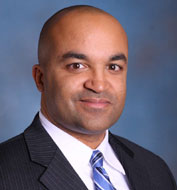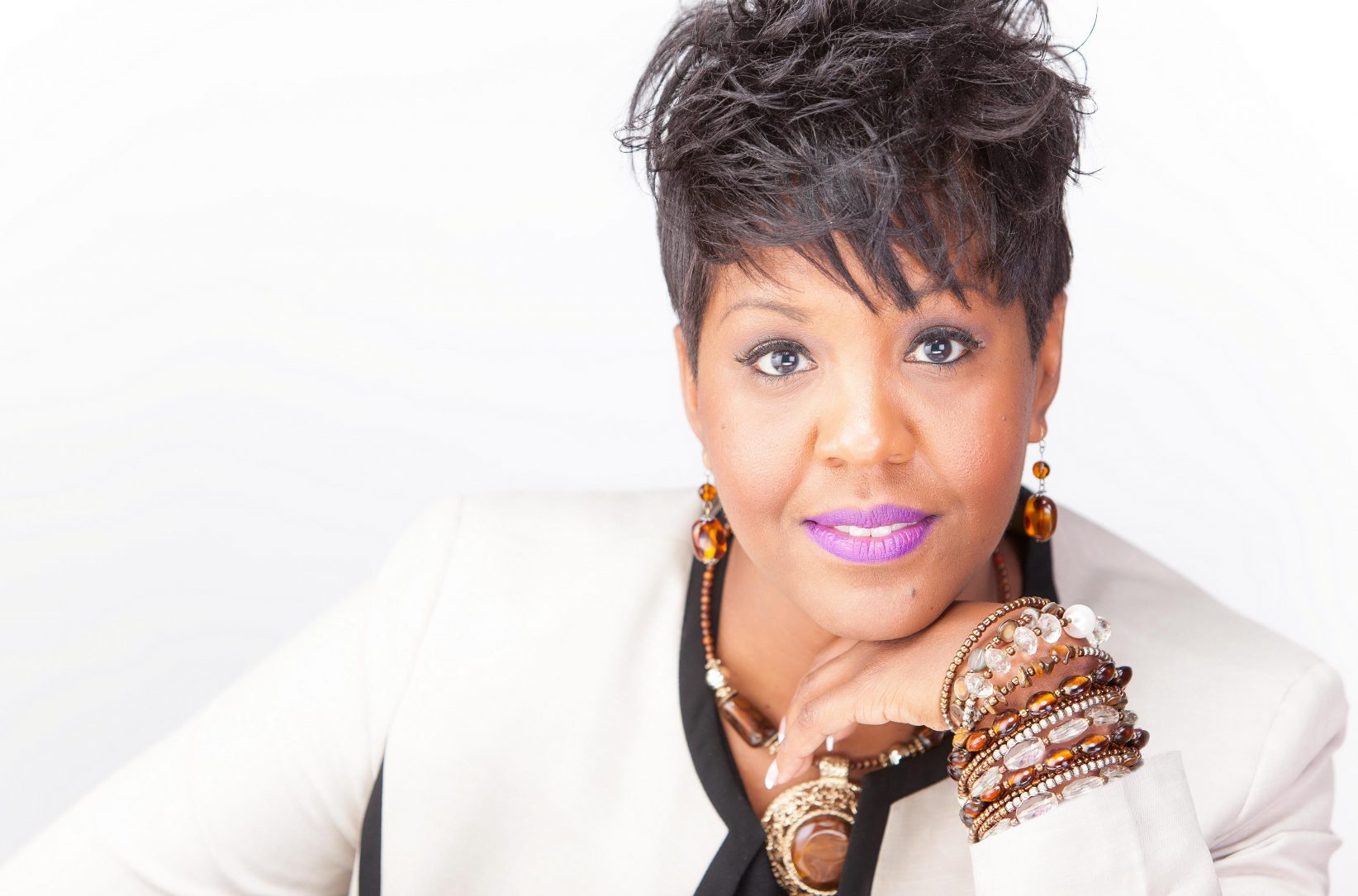Raise a hand if you know that black women have created more than 1 million jobs, Dell Gines challenged.
A statistics-based question –– frequently answered with an expected, yet glacial silence –– acknowledges an unprecedented phenomenon in both the small business community and within the confines of the often-exclusive startup ecosystem, said Gines, Federal Reserve Bank of Kansas City senior Community Development advisor.
The presence of black women in the startup sphere is often overlooked and undervalued, he explained, noting obstacles –– such as access to mentors, capital, and general business education –– to the entrepreneurial path many work tirelessly to pave.

Dell Gines, Federal Reserve Bank of Kansas City senior Community Development advisor
A lack of diversity and inclusivity has become a contusion on today’s small business culture, Gines said. It’s a realization that’s fueled his year-long research project: Black Women Business Startups, he revealed.
“These women are feeling like this is one of the only times they’ve ever had an opportunity to come together and be deeply associated with each other or be authentic with each other,” Gines said of his multi-city tour, which brings women of color and members of their community together to hear the findings of his research.
A presentation was organized Tuesday in Kansas City.
Check out Gines’ complete report here.
A series of five focus groups served as a main source of data collection for Gines, affording him the opportunity to hear 34 black women speak about their entrepreneurial experiences openly and honestly, he said.
Among the women involved in Gines’ focus groups were Kansas City entrepreneurs Dione King, CEO and strategic consultant for DMK Consults; Carlanda McKinney, founder of My Raxxo; and Catina Taylor, founder of Dreams KC.
Gines’ research could be a catalyst for change in the evolution of the startup community, King said optimistically.
“He is shining the light on black boss ladies in a way that motivates and acknowledges the often unnoticed work we do daily,” she said. “I think it will serve as a motivation for women from all ethnic backgrounds.”
An impact that Gines’ research has successfully achieved, Taylor added.
“I anticipate our voices will be given space and place and that an organic and intentional ecosystem is built with our needs in mind like our counterparts,” she said. “That can only happen, however, if we are invited to be a part of building the ecosystem … work that can’t be done for us, but with us.”
With a model now built that identifies the experiences of marginalized demographic groups, ethnic expansion within the ecosystem is a secondary effect Gines is hopeful his research will spark in and beyond the Kansas City entrepreneur space, he said.
LGBTQ inclusivity is another.
“If I want to really ensure that our LGBTQ community is actively engaged in being progressive in entrepreneurship the same way let’s say other more dominant groups would be, then I first have to understand the way that they’re seeing and interpreting and dealing with the world as business owners today,” he said.
While the potential for future research is promising and additional needs have been defined, Gines remains presently committed to his work with black women entrepreneurs and allowing them to find support within a world where they’ve worked to build brands, relationships, and legacies, he said.
Research like Gines’ calls out a societal problem that produces negative implications for entire communities of entrepreneurs, not just one specific marginalized group, McKinney said.
“I think it’s a call to action of sorts, for the entrepreneurial community. We now have a very clear picture of this giant gap and it’s up to us to close it,” she said. “I believe KC is up for that challenge.”
The current culture isn’t the only thing that must evolve where startups are concerned, King said. Women –– both of color and white –– must choose to see the often male-driven world of entrepreneurship through a different lens, she said.
“I definitely know ‘this world’ can be intimidating. Women have to remain focused and find their support systems. Intimidation can’t be a reason to stop building your business. It’s your business and women deserve a space in this entrepreneurial world,” King said. “There is room for everyone, no matter the gender.”
It’s a sentiment echoed by McKinney.
“Having some doubt here and there is OK, but if you have to listen to it –– give yourself an Olivia Pope style Gladiator pep talk before every meeting in order to believe you’ve got what it takes,” she said.
Gines’ will next work to discover how the problems identified by his research can be solved in the startup and small business communities.






































